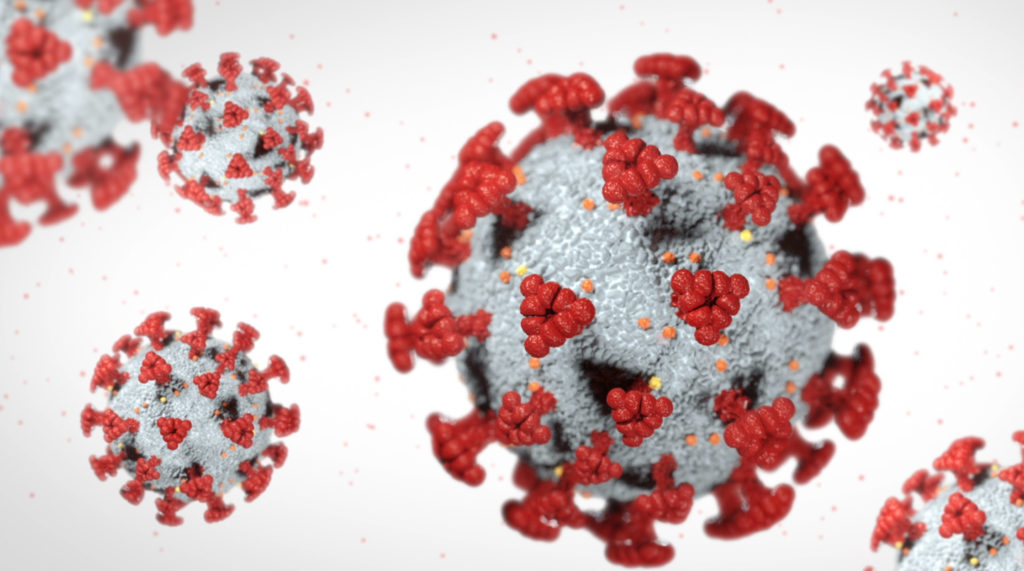Geneva/New York, March 30 – Deeply battered by the Covid-19 pandemic that has entered into a second year, more than 20 heads of government and the World Health Organization have decided to work on a treaty to deal with the next pandemic, which they say is certain to strike again.
“There will be other pandemics and other major health emergencies,” the governments and WHO said in a statement. “No single government or multilateral agency can address this threat alone. The question is not if, but when.”
“We are convinced that it is our responsibility, as leaders of nations and international institutions, to ensure that the world learns the lessons of the Covid-19 pandemic,” it said, adding that the pandemic was the biggest challenge to the world since the 1940s.
The statement was signed by WHO chief Tedros Adhanom Ghebreyesus and the leaders of countries including Britain, France, Germany, Spain, South Africa, South Korea and Indonesia. The United States and China have not signed but the two countries, which have been at loggerheads, have expressed support for the proposal.
“From the discussions we had during member states sessions, the comment from member states including U.S. and China was actually positive and we hope the future engagements will bring all countries,” the WHO chief said.
“The proposals are not sufficiently detailed at the moment,” said an adviser to a Western government helping craft the proposal. “It’s going to take a number of years of negotiation… you’re talking two to four years.”
“This comes down to what governments are willing to agree to in terms of allowing investigative teams into their countries,” the adviser said.
WHO also issued a separate statement calling for a “more robust international health architecture.” It said the new treaty would “foster an all-of-government and all-of-society approach, strengthening national, regional and global capacities and resilience to future pandemics.”
It called for greatly enhancing international cooperation to improve alert systems, data-sharing, research and local, regional and global production and distribution of vaccines, medicines, diagnostics and personal protective equipment. The treaty should also build mutual accountability, shared responsibility, transparency and cooperation within the international system with rules and norms.
The statement was signed by:
J. V. Bainimarama, Prime Minister of Fiji; Prayut Chan-o-cha, Prime Minister of Thailand; António Luís Santos da Costa, Prime Minister of Portugal; Mario Draghi, Prime Minister of Italy; Klaus Iohannis, President of Romania; Boris Johnson, Prime Minister of the United Kingdom; Paul Kagame, President of Rwanda; Uhuru Kenyatta, President of Kenya; Emmanuel Macron, President of France; Angela Merkel, Chancellor of Germany; Charles Michel, President of the European Council; Kyriakos Mitsotakis, Prime Minister of Greece; Moon Jae-in, President of the Republic of Korea; Sebastián Piñera, President of Chile; Carlos Alvarado Quesada, President of Costa Rica; Edi Rama, Prime Minister of Albania; Cyril Ramaphosa, President of South Africa; Keith Rowley, Prime Minister of Trinidad and Tobago; Mark Rutte, Prime Minister of the Netherlands; Kais Saied, President of Tunisia; Macky Sall, President of Senegal; Pedro Sánchez, Prime Minister of Spain; Erna Solberg, Prime Miniser of Norway; Aleksandar Vučić, President of Serbia; Joko Widodo, President of Indonesia; Volodymyr Zelensky, President of Ukraine; Dr Tedros Adhanom Ghebreyesus, Director-General of the World Health Organization.
14 countries raise “concerns” about WHO report on Covid-19 origins
The WHO made public the report on the investigation of the origins of the pandemic’s virus, which was drawn together by an international team composed of 17 members from WHO and 17 members from China. The investigation took place in Wuhan, China, January 10 to February 14, 2021.
“As far as WHO is concerned, all hypotheses remain on the table,” the WHO chief said. “This report is a very important beginning, but it is not the end. We have not yet found the source of the virus, and we must continue to follow the science and leave no stone unturned as we do. Finding the origin of a virus takes time and we owe it to the world to find the source so we can collectively take steps to reduce the risk of this happening again. No single research trip can provide all the answers.
In Washington, the United States joined 13 other countries to raise “concerns” about the released report because the investigators were not given full access to information they neede
“We voice our shared concerns that the international expert study on the source of the SARS-CoV-2 virus was significantly delayed and lacked access to complete, original data and samples,” the 14 countries said in a joint statement.
“Scientific missions like these should be able to do their work under conditions that produce independent and objective recommendations and findings. Going forward, there must now be a renewed commitment by WHO and all Member States to access, transparency, and timeliness,” the statement said.
White House press secretary Jen Psaki said: “They have not been transparent, they have not provided underlying data, that certainly doesn’t qualify as cooperation.”
“We don’t believe that in our review to date that it meets the moment,” Psaki said of the report.
The 14 countries are Australia, Canada, Czechia, Denmark, Estonia, Israel, Japan, Latvia, Lithuania, Norway, South Korea, Slovenia, the United Kingdom and the United States.
United Nations correspondent journalists – United Nations correspondent journalists – United Nations correspondent journalists
United Nations journalism articles – United Nations journalism articles – United Nations journalism articles

